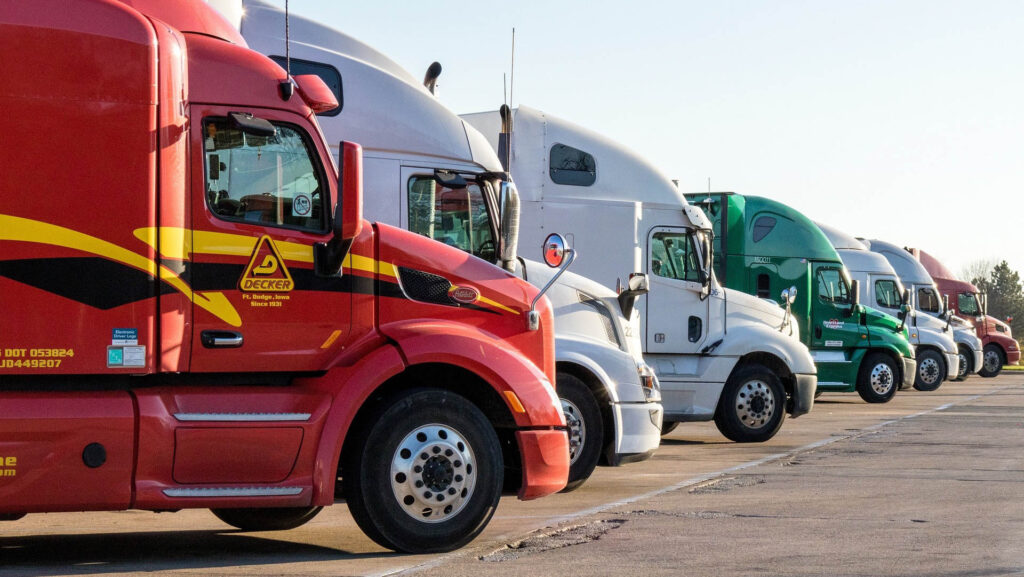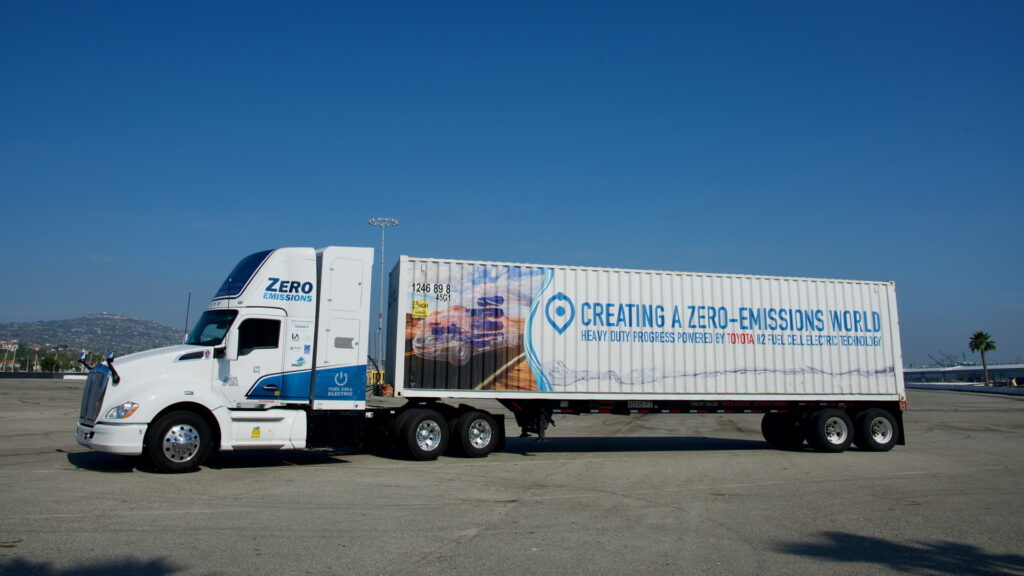Big rig engine makers and California’s Air Resource Board (CARB) have struck a new deal. It should help manufacturers meet a previously set goal to make all new vehicle sales zero-emission vehicles by 2036. To reach the agreement state regulators aligned their standards more closely to those imposed by the federal government.
Back in April, California essentially banned the sale of new diesel big rig trucks as of 2036. In fact, it also made it so that all trucks, regardless of age, needed to be zero emission in the state by 2042. This new shift relaxes those standards enough that engine manufacturers are getting on board.
More: Alaska And Arkansas Are Switching To EVs And Hybrids Faster Than California

“The unprecedented collaboration between California regulators and truck manufacturers marks a new era in our zero-emission future, where we work together to address the needs of both the trucking industry and the Californians who deserve to breathe clean air,” said CARB Chair Liane Randolph.
“This agreement makes it clear that we have shared goals to tackle pollution and climate change and to ensure the success of the truck owners and operators who provide critical services to California’s economy,” she continued.
The government conceded that manufacturers could use offsets to maintain future targets and that they’d only need to meet federal rules for nitrogen oxide emissions. In exchange, the engine manufacturers agreed to stick to the 2036 deadline of 100% clean truck sales regardless of any legal changes between now and then.
A number of big-time engine builders including Navistar, Ford, Daimler, and Cummins submitted their own statements touting the agreement as a step in the right direction. Their direct support offers some hope to those who initially felt that the regulations were too stringent and too difficult to meet.
Volvo’s Vice President, Government Relations & Public Affairs, Dawn Fenton, said: “We believe this lays the foundation for our customers to have the greatest possible product availability consistent with California’s climate change and air quality goals. Through cooperative efforts such as this, the Volvo Group believes we can achieve the quickest and least disruptive transition to a commercial zero-emission vehicle future.”





